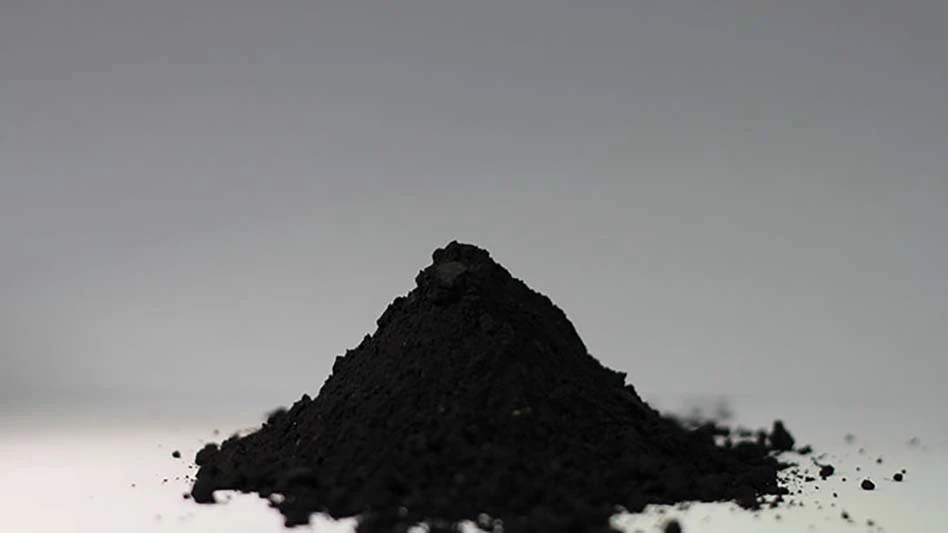
Photo courtesy Dreamstime
Electra Battery Materials Corp., a battery material provider based in Toronto, has announced it will expand its operations to recycle lithium-ion batteries with an initial investment of about $3 million. The announcement comes following engineering studies and metallurgical test work in support of the expansion.
The company says it will start refining the components of electric vehicle (EV) batteries, known as black mass, in 2022. The expansion is the second phase of a four-part strategy to turn the company’s facility into a low-carbon North American battery materials park.
Electra says it will grow its recycling business in a staged, modular fashion, initially targeting black mass from consumer electronics and subsequently targeting primary battery scrap material from North American EV cell manufacturers. The facility is expected to have a low carbon footprint in light of the hydrometallurgical process and hydroelectric power source.
“A secure, sustainable and domestic solution for recycling lithium-ion batteries is essential as North America shifts to electric mobility,” says Trent Mell, CEO of Electra. “At present, there is no industrial-scale hydrometallurgical facility in North America to recycle the black mass material that is recovered when lithium-ion batteries are dismantled and shredded.”
Electra’s processing team has developed a flow sheet targeting lithium, nickel, cobalt, copper, graphite and manganese. The company developed the process with consultancy groups Hatch in Mississauga, Ontario, and SGS Lakefield, a subsidiary of SGS in Geneva.
“We plan to demonstrate the ability to make products containing, nickel, cobalt, copper, lithium and graphite all from recycled lithium-ion batteries,” says Mark Trevisiol, vice president of project development for Electra. “This would be the first industrial-scale operation in North America to recover this list of recycled products for resale. Our first circuit will treat black mass from suppliers that we have identified as potential partners and can then be expanded to treat battery scrap from [cathode active materials] and cell manufacturers.”
The company says the plant will make existing equipment and infrastructure with an experienced processing team on-site, developing the company’s cobalt sulfate plant. Additional investments will allow the facility to produce battery-grade materials that can be directly returned to the lithium-ion battery supply chain.
Electra says the refinery can produce 5,000 metric tons of cobalt contained in battery-grade cobalt sulfate beginning in 2022. The company’s Battery Materials Park will host cobalt and nickel sulfate production plants, a large-scale lithium-ion battery recycling facility and battery precursor materials production. The company says all of these entities will serve North American and global customers.
The initial capacity of the cobalt, nickel and precursor facilities at the Battery Materials Park will supply raw materials for more than 1.5 million electric vehicles per year.
“With our existing facility in Canada, Electra can be the first recycler to establish a closed-loop supply of battery materials, making electric vehicles more sustainable and more reliant on domestic material,” Mell says. “Our first concrete steps on that path will be a commercial-scale demonstration plant in 2022 utilizing existing facilities and equipment.”
Latest from Recycling Today
- Reworld partners with Mystic Aquarium
- BIR calls for fair standards, circular solutions in defining ‘green steel’
- LME reports active Q2
- Liberty Steel assets facing financing deadlines
- Sims is part of Australian recycling loop
- Tariffs target steel exporters Brazil, Canada and South Korea
- Buy Scrap Software to showcase its software at Scrap Expo in September
- LG details recycling activities






